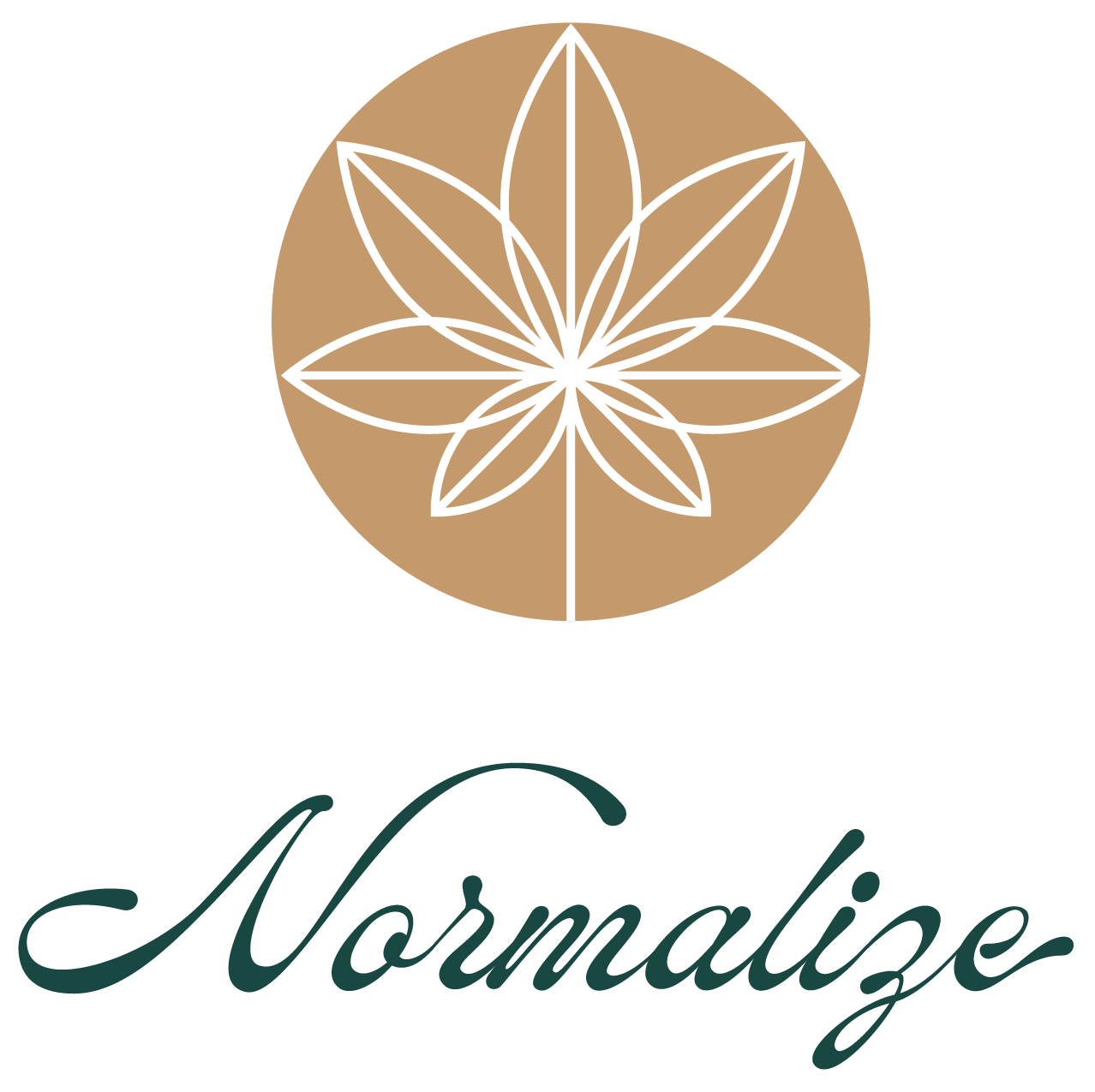
Relaunching Soon!
Empowering women’s wellbeing with a thoughtfully curated selection of health-focused, purpose-driven products — all in one marketplace.
Do you have a brand that would be a good fit for our Marketplace? Fill out the form to let us know more!